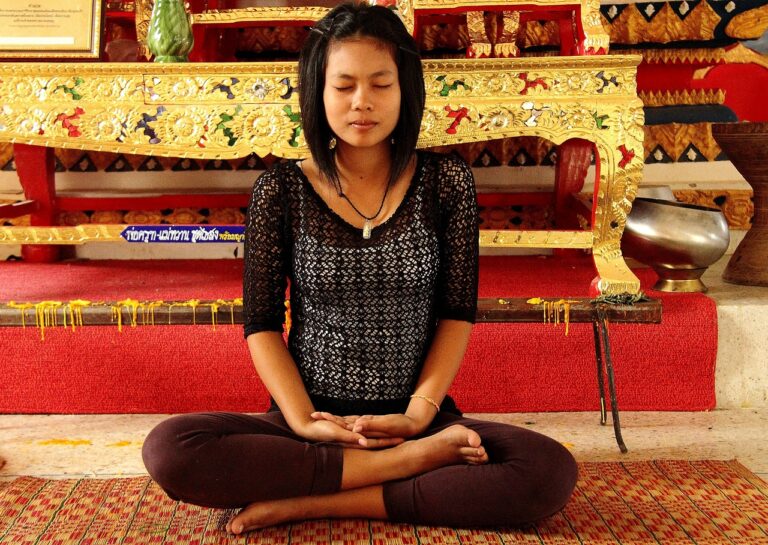Aromatherapy in Hospice Care: Bringing Comfort to End-of-Life Patients
11xplay reddy login password, 24 betting login india sign up, skyinplay.com login: When thinking about hospice care, the first things that often come to mind are medical treatments, pain management, and emotional support for both the patient and their loved ones. However, one aspect of hospice care that is sometimes overlooked but can make a significant impact on end-of-life patients is aromatherapy.
Aromatherapy involves using essential oils extracted from plants to promote physical and emotional well-being. The use of aromatherapy in hospice care has been gaining popularity in recent years, as more and more healthcare providers are recognizing its benefits in bringing comfort to patients facing the end of their lives.
So, how exactly does aromatherapy work in hospice care? Let’s take a closer look:
1. Essential oils for pain relief
2. Calming effects on anxiety and stress
3. Improving quality of sleep
4. Enhancing emotional well-being
5. Providing a sense of control and empowerment
6. Complementing traditional medical treatments
Essential oils such as lavender, chamomile, and peppermint are commonly used in hospice settings for their calming and pain-relieving properties. These oils can be diffused in the patient’s room, added to a warm bath, or applied topically in a massage. Each essential oil has its own unique benefits, so healthcare providers work closely with aromatherapists to create personalized blends that meet the specific needs of each patient.
One of the key benefits of aromatherapy in hospice care is its ability to provide a sense of comfort and relaxation to patients who may be experiencing physical pain, anxiety, or depression. The gentle scents of essential oils can have a powerful impact on the patient’s mood and overall well-being, helping them feel more at ease during a challenging time.
FAQs
Q: Is aromatherapy safe for all hospice patients?
A: While aromatherapy is generally safe, it is essential to consult with the patient’s healthcare team before using essential oils, especially if the patient has any allergies or sensitivities.
Q: How can family members get involved in aromatherapy for their loved ones in hospice care?
A: Family members can work with the healthcare team to create personalized aromatherapy blends for their loved ones. They can also learn simple techniques for using essential oils at home to provide comfort and support.
Q: Can aromatherapy replace traditional medical treatments in hospice care?
A: Aromatherapy is meant to complement, not replace, traditional medical treatments in hospice care. It is essential to work with the healthcare team to create a holistic care plan that addresses the patient’s physical, emotional, and spiritual needs.
In conclusion, aromatherapy is a valuable tool in hospice care for bringing comfort and support to end-of-life patients. By harnessing the power of essential oils, healthcare providers can enhance the quality of life for patients and their loved ones during this challenging time.







